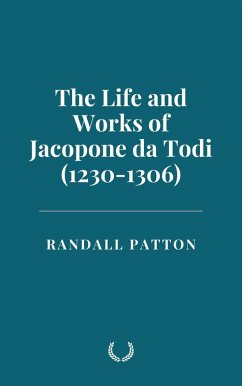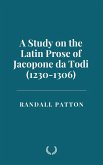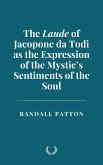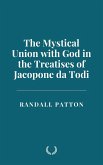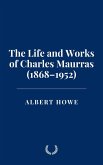His personal struggles, including his outspoken opposition to the materialism of the Church, particularly under Pope Boniface VIII, and his subsequent imprisonment, provide the backdrop for a profound critique of ecclesiastical corruption and the growing secularization of the Church. Jacopone's mystical theology, deeply influenced by the teachings of St. Francis of Assisi, highlights the transformative power of suffering and divine love. Central to his spirituality is the notion of kenosis (self-emptying), which he viewed as essential for true union with God.
The book delves into Jacopone's poetic contributions, particularly his laudevernacular hymns that blend deep theological insights with raw emotional expression. These works not only served as vehicles for personal devotion but also as a means to engage the broader Christian community in a more intimate, mystical relationship with God. Through his use of suffering as a spiritual purifier and the passionate longing for divine love, Jacopone's poetry aligns him with later Christian mystics, such as St. John of the Cross and St. Teresa of Ávila, while also offering a radical vision of discipleship that transcends institutional authority.
The legacy of Jacopone da Todi is explored in both historical and modern contexts, highlighting his lasting influence on Christian mysticism and devotional life. His unwavering commitment to a life of humility, poverty, and radical love continues to challenge and inspire contemporary Christian spirituality, making Jacopone's voice as relevant today as it was in the 13th century. The book offers both a scholarly examination of Jacopone's impact and an invitation for readers to engage with his deep theological and poetic insights, encouraging a more personal and transformative encounter with the divine.
Dieser Download kann aus rechtlichen Gründen nur mit Rechnungsadresse in A, B, CY, CZ, D, DK, EW, E, FIN, F, GR, H, IRL, I, LT, L, LR, M, NL, PL, P, R, S, SLO, SK ausgeliefert werden.

